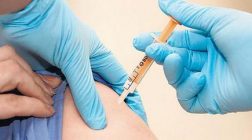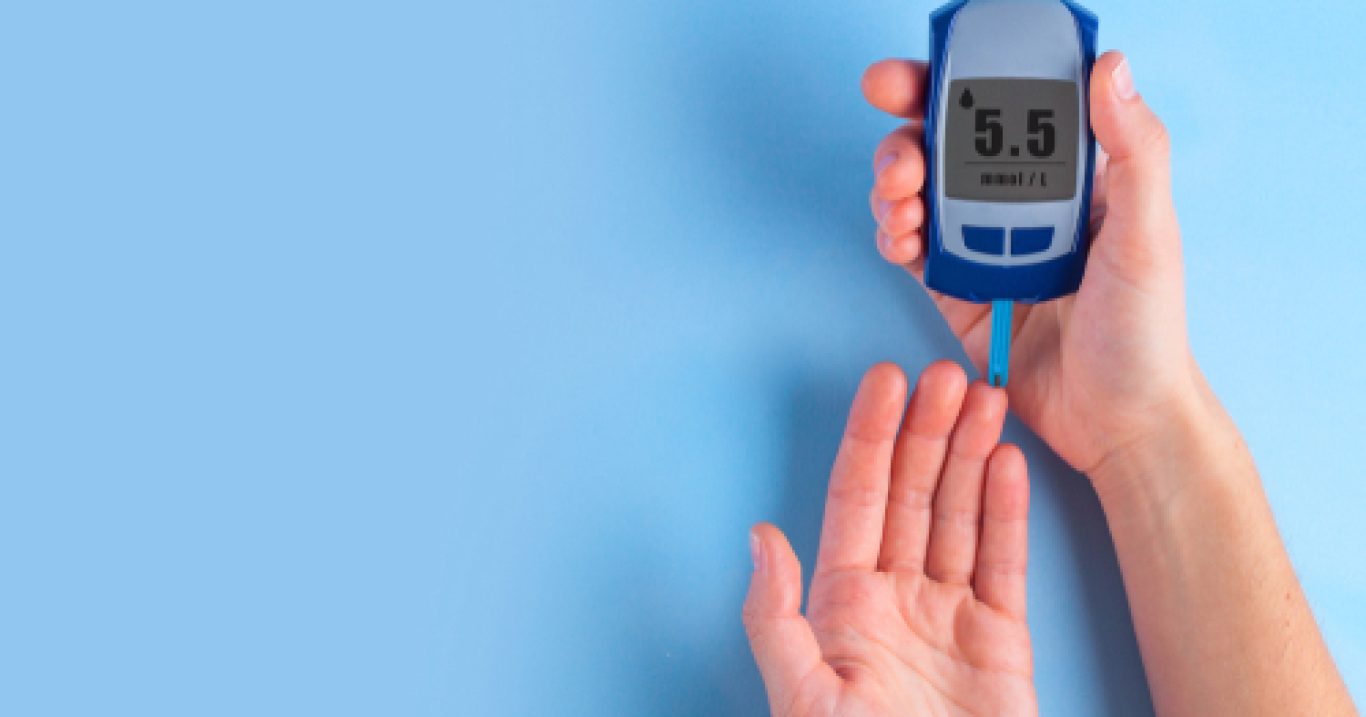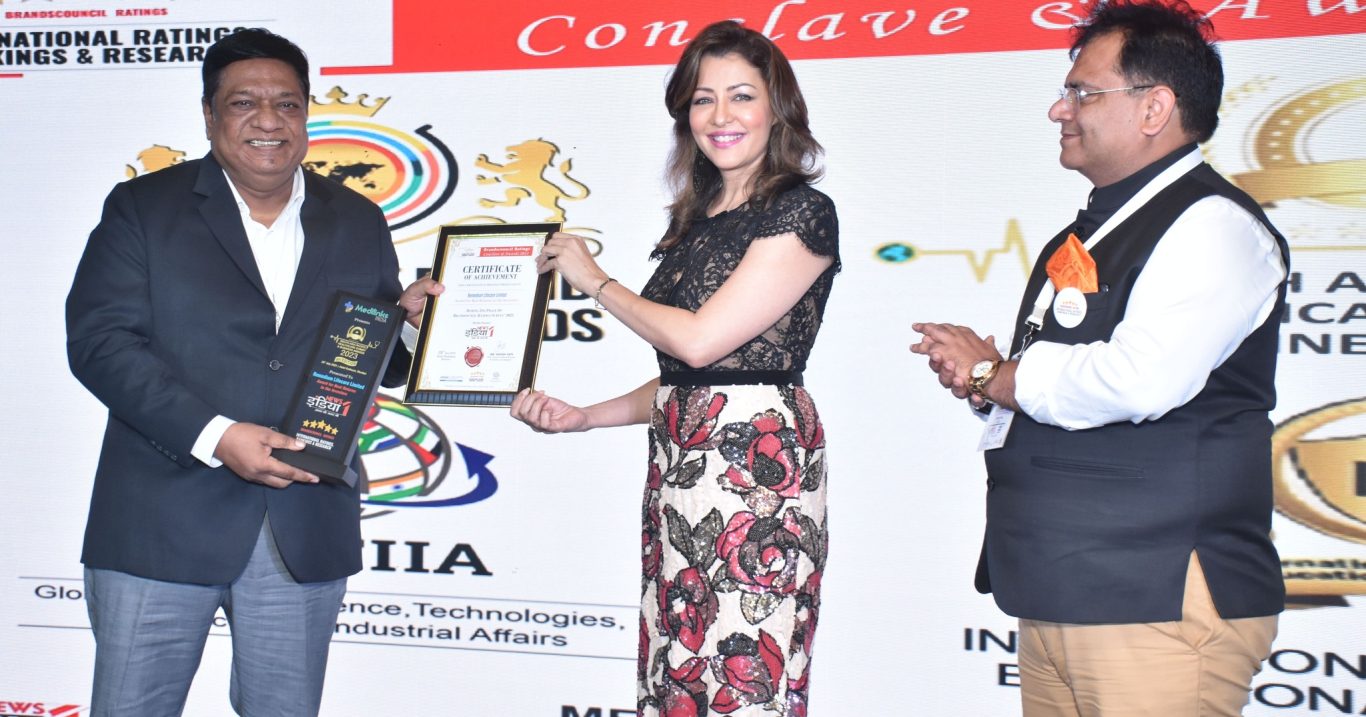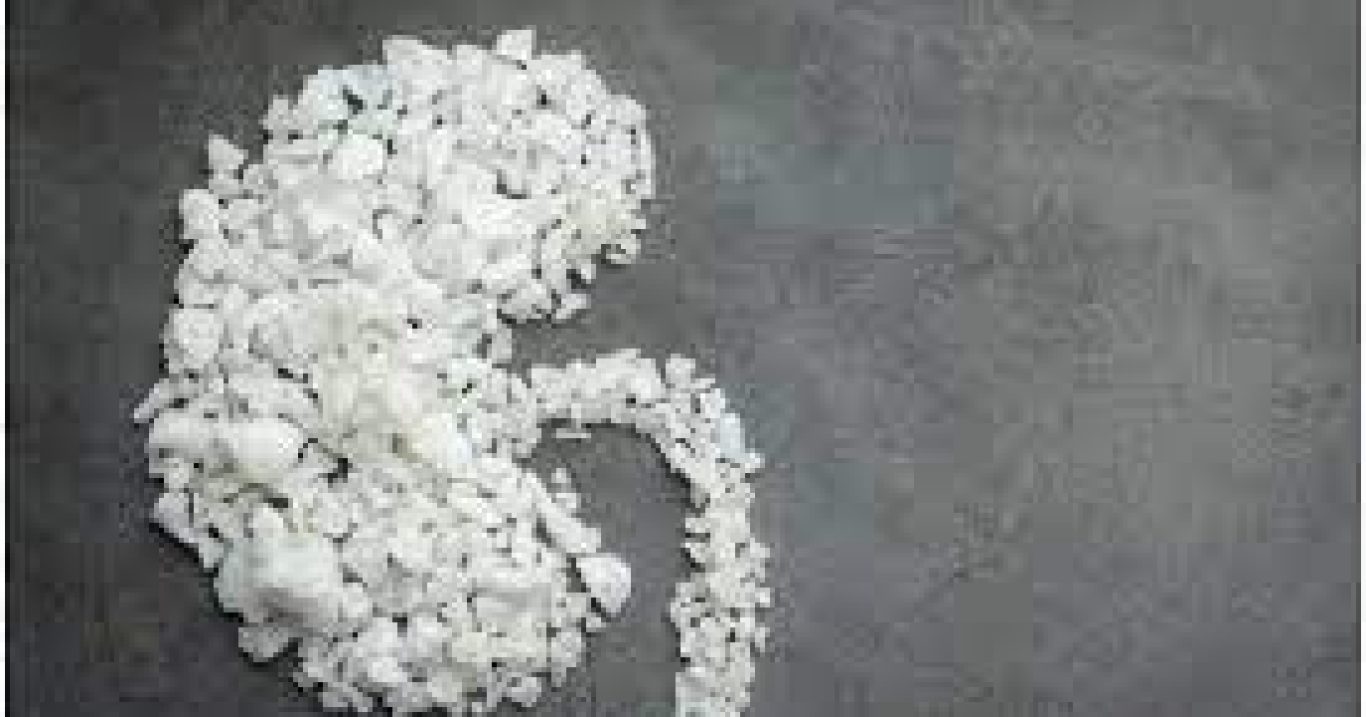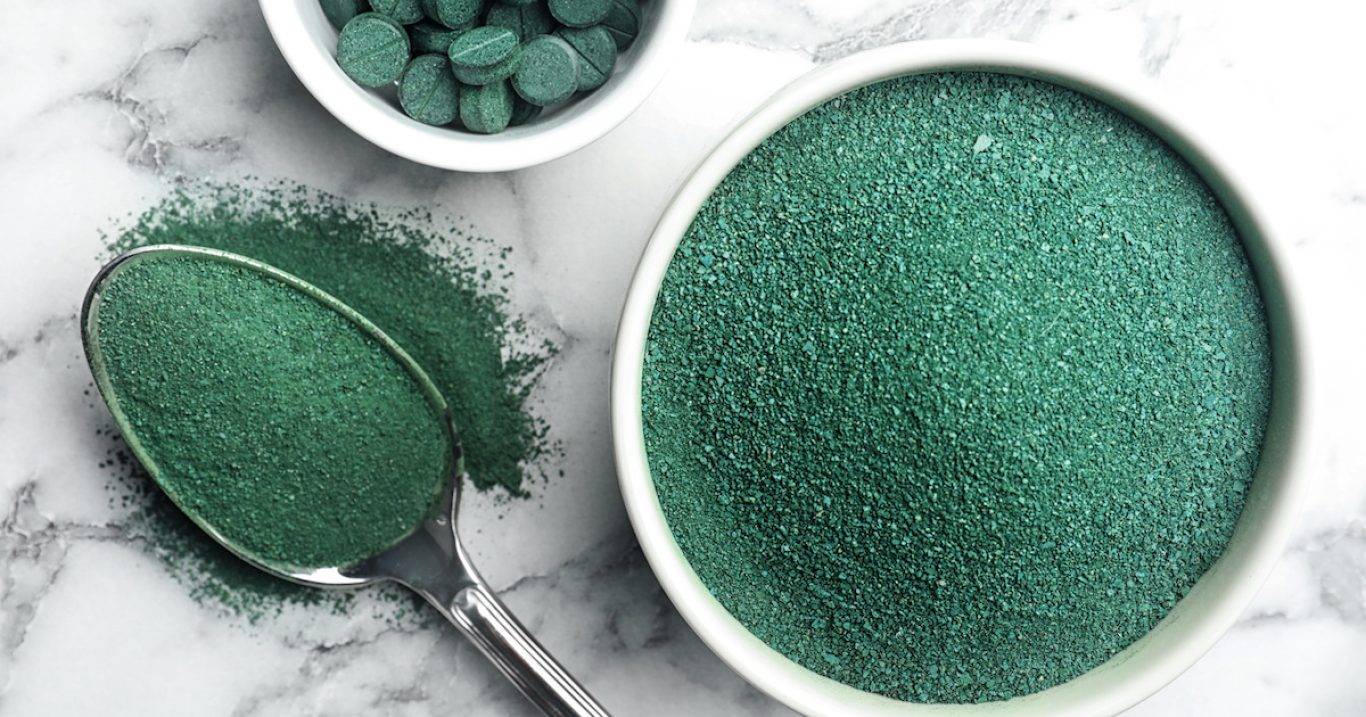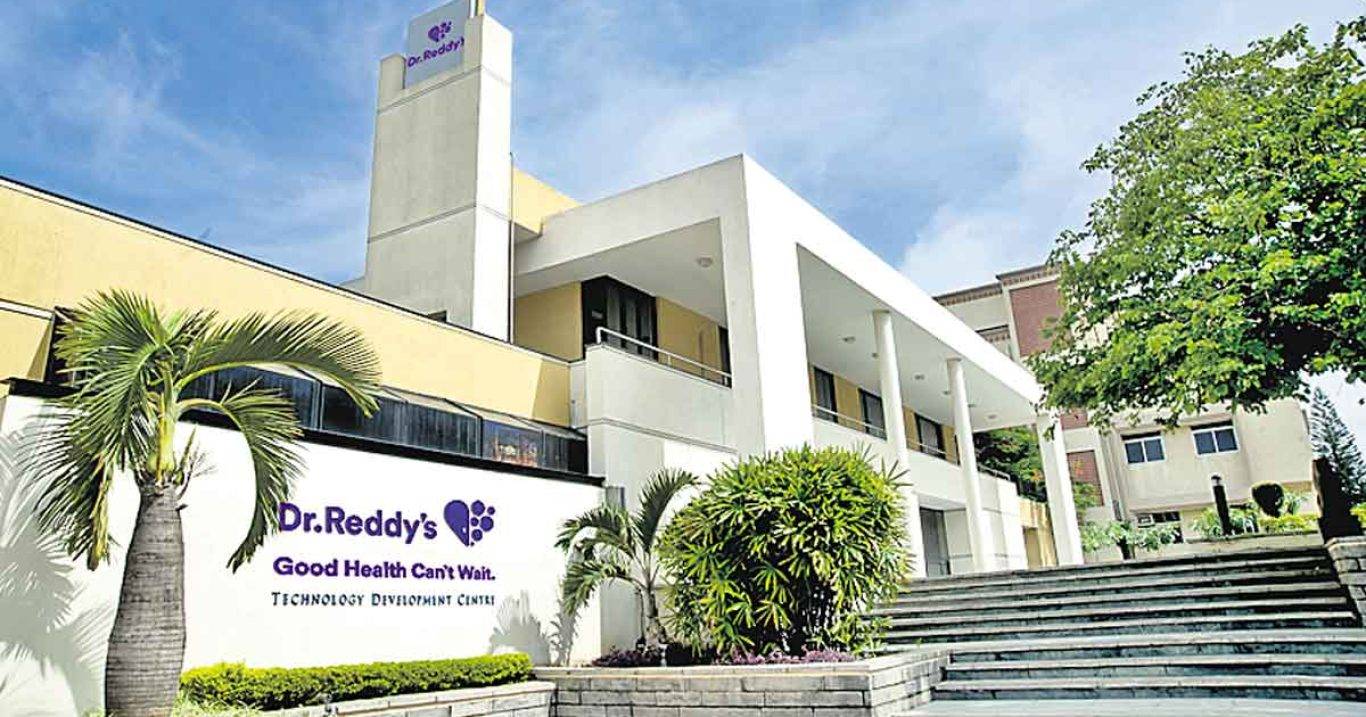Patel brothers of Gujarat have mastered the art of making big!
A rank outsider in India’s deodorant category is winning hearts and market share
When the Patel brothers created Paras Pharmaceuticals, Moov, a pain relief ointment, hit category leader Iodex where it hurts by drawing attention to its no-stain, yet effective quality. The Patels habitually challenged the leaders in prickly heat talcs, common cold relief and even new-age categories such as hair gels. In the process they built a clutch of popular personal-care and healthcare brands including Moov, Livon and Set Wet. Paras was bought by Reckitt Benckiser in December 2010 for ₹3,260 crore.
Now Darshan N Patel, one of the three Patel brothers who took Paras towards marketing glory, is repeating the act with his new venture — Vini Cosmetics. Three years after inception, and about two years after a big-bang entry into the world of deodorants, Patel’s Fogg has dethroned the likes of Axe — the brand that can rightfully claim credit for carving out the deo category in India. Fogg, now Vini’s flagship product, leads the country’s ₹2,000-crore deodorant market with a 13 per cent share since its launch in December 2011.
Rivals and industry experts readily acknowledge Patel’s business acumen and ability to read the pulse of the market. Patel himself attributes Vini’s success to smart marketing strategies and a well-honed entrepreneurial instinct.
Stinking rich idea
Vini began operations in 2010 by investing about ₹70 crore in a talcum powder manufacturing facility, and launched White Tone face powder.
However, with rising incomes in urban areas, deodorants are in demand, virtually eating into talcum powder sales. According to an industry estimate, while the talc market grew 1-2 per cent in the past few years, the deodorant segment grew 20-30 per cent. “As income grows, people’s aspirations grow too. So, they move to better products like deos from talc. Also, deos are considered more user-friendly,” says Patel.
But he didn’t launch Fogg right away. After the talc came products such as the 18+ deospray and, recently, Glam-up cream for Indian youth. “The initial brands helped in strengthening our dealer network,” says Patel. When Fogg launched, it was this network that powered its success, he adds. In the meanwhile, the company also rejigged its entire strategy. Except for the talc, Vini outsourced manufacturing for all its products, including the popular Fogg. This model allows the company to focus entirely on marketing.
Fogg decided to change category codes from day one. First, it decided to tackle product delivery.
Spray and prey
“We use non-aerosol pumps, so they don’t require gas. A bottle lasts about 40 days for an average user, as against 15-20 days in the case of a normal deo. This made it a value-for-money proposition,” says Patel. The next step was to turn that factor into a marketing pitch. As an industry expert observes, Fogg scored with a new value proposition — number of sprays per pack. “It is disruptive and value-for-money, certainly,” he says, adding that while spray pump was not new, the sprays-per-bottle pitch was an interesting first from Fogg. But such kudos are not unaccompanied by concerns. “Is the launch and marketing spend far in excess of the turnover, and is that sustainable? The promoters have a history of bringing up nice brands and selling them off. This happens when venture capitalists take a stake — the product is hyped up to make it attractive, but whoever buys it will have a hard time,” the expert says.
But for the moment, Fogg is basking in its leadership glory. Patel says it leads the deodorant market despite being priced 7-10 per cent higher than its rivals.
Fogg vision
“At the time of launch, Fogg was about 15-20 per cent costlier than other deos in the market. Slowly the gap has reduced to 7-10 per cent. We haven’t reduced the price, but the competitors who have increased their prices,” he says.
With a turnover of around ₹170 crore during 2012-13, Vini was valued at around ₹1,100 crore when the US-based venture capital fund Sequoia’s Indian arm bought a minority 9 per cent stake in August last year for about ₹110 crore. “We are now growing 100 per cent year-on-year. Our turnover has increased from ₹20 crore in 2010-11 to an expected ₹250 crore in 2013-14,” Patel says.
After deodorant, talc and skincare categories, the company is all set to soon launch a face-care product.
It also plans to enter the over-the-counter pharma segment with half-a-dozen products in a year’s time. “Vini is a unique FMCG company to achieve a turnover of over ₹200 crore within three years of starting from scratch,” says its proud creator.






